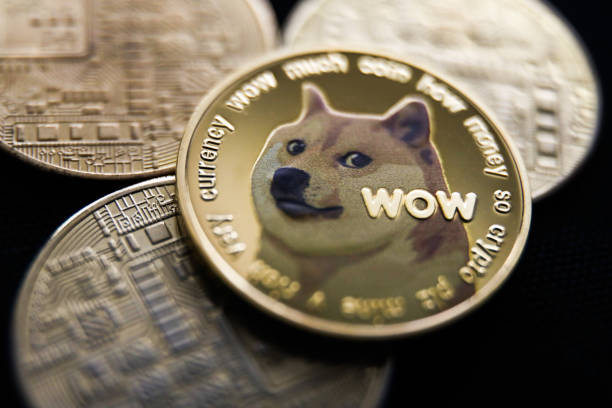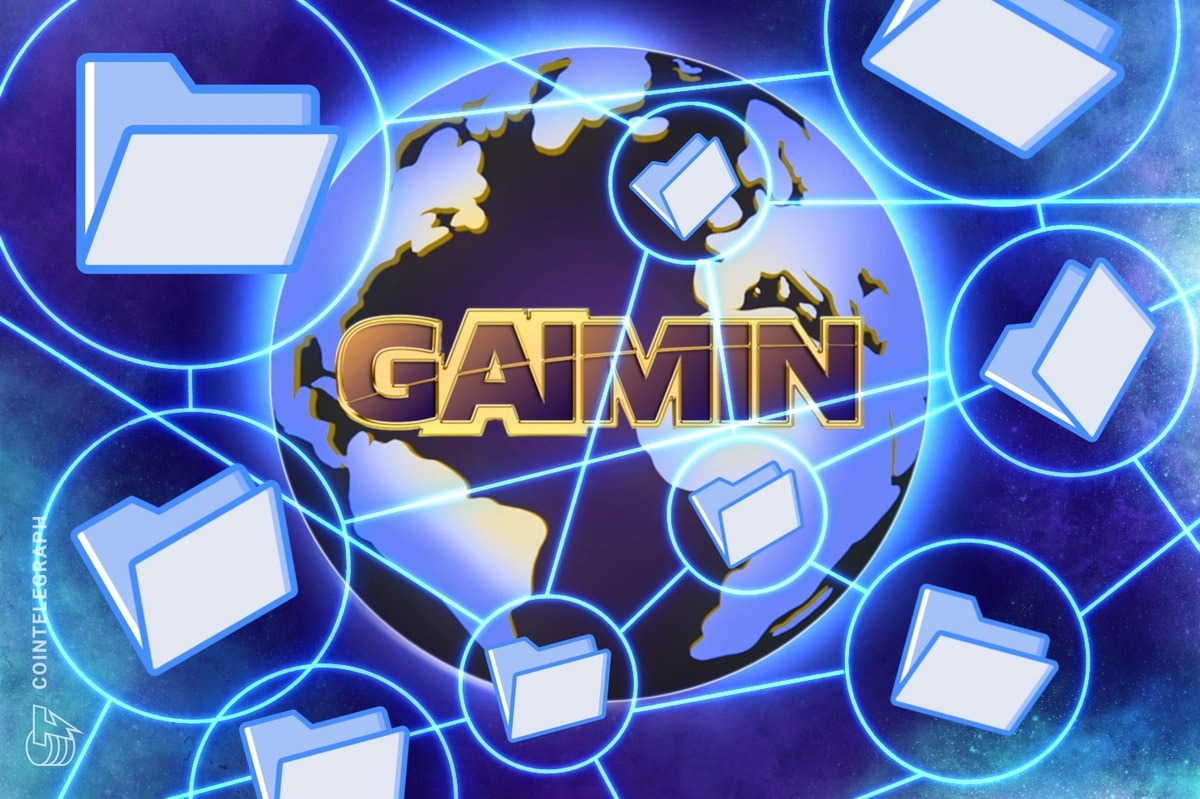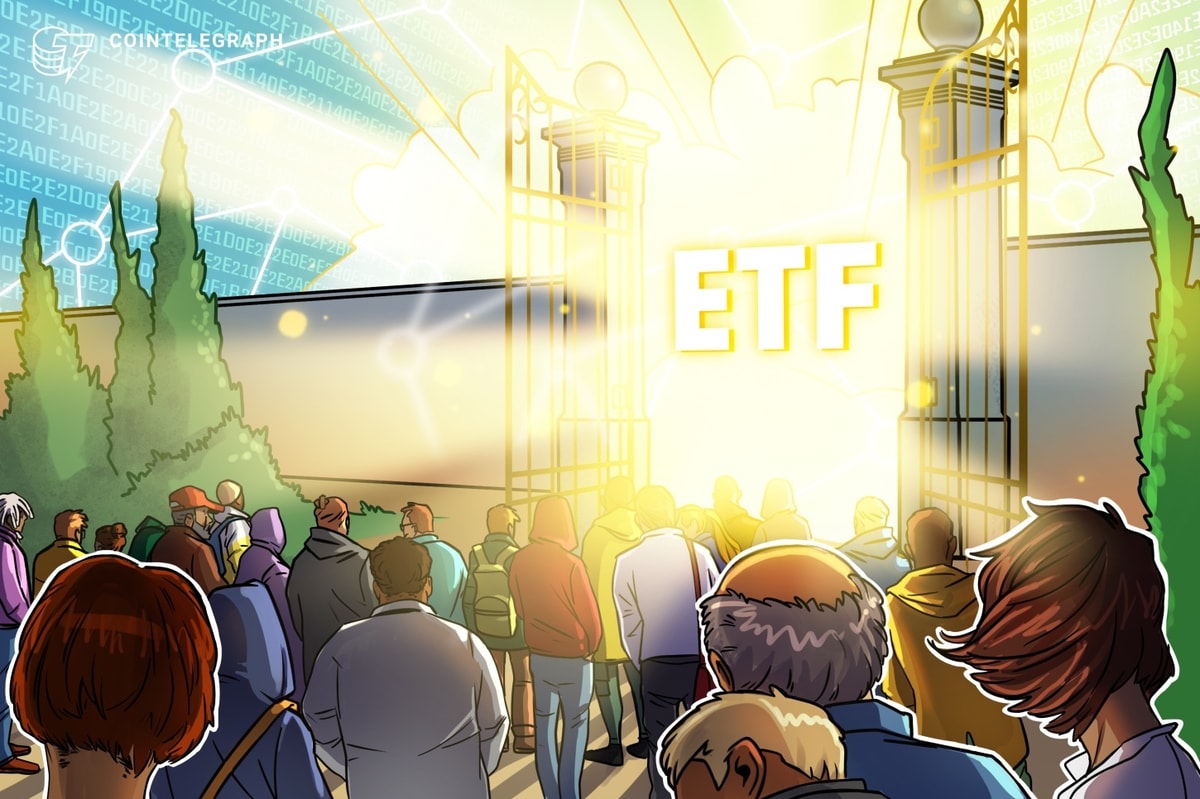For the past couple of days, a proposal for a new kind of fully decentralized and potentially anonymous digital dark market has been circulating the Cryptography mailing list – the mailing list used by Satoshi Nakamoto to first publish the Bitcoin white paper.
Although this decentralized market place, which goes by the name of Drop Zone, is not the first of its kind, what mainly distinguishes Drop Zone from potential competitors is that it is built directly on top of Bitcoin's blockchain.
Drop Zone
The Drop Zone white paper proposes a protocol and reference client, which enables a potential seller of goods to encode the rough location and a brief description of these goods onto Bitcoin's Blockchain, using predesigned communication techniques such as OP_RETURN, OP_CHECKSIG, and OP_CHECKMULTISIG.
Once a potential buyer – using the same reference client – finds an item in his area he is interested to buy, a deal can be made by having the buyer send a payment to the seller's BTC address. The seller then sends GPS coordinates of the item to the buyer, including a small note explaining where to find it (for example: “Check in the crevice of the tree”). Additionally, Drop Zone has a build in reputation system, which – at least in theory – helps the buyer to establish a reputation as a trusted vendor.
Although Drop Zone could effectively be used to conduct any sort of trade, the white paper suggests it would be particularly useful for illegal goods - whatever these may be in the specific jurisdiction. The white paper uses bibles as examples, which are banned in dozens of countries, and were frequently traded on
”It is an obvious outcome of the Drop Zone protocol that the enforcement of contraband restrictions will become increasingly difficult. […] The solution is akin to that of Craigslist.org or Uber, but is distributed and as such provides nearly risk-free terms to contraband sellers, and drastically reduced risk to contraband buyers.”
In light of the history of digital black markets on the dark web, the need for decentralized alternatives has become obvious to many who used such marketplaces. Most of these markets, after all, have been closed down, either by law enforcement or because the owners closed shop – in both cases frequently resulting in the loss of user funds.
The run for decentralized alternatives to these dark markets has therefore been set in motion shortly after the first major implementation –
What differentiates Drop Zone from these alternatives, apart from the strictly localized concept, is that the client is largely build on top on the Bitcoin blockchain, meaning that it doesn't use its own protocol but instead benefits from Bitcoin's existing infrastructure.
An even more unique touch of Drop Zone is that it enables communication through the Bitcoin testnet, which is currently used by developers to test new Bitcoin or Bitcoin-related applications. Miracle Max believes this is the best way to go. “Using testnet for communications is a cheap, anonymous mechanism to communicate,” he says.
And while it's not recommended to use testnet for anything of value, such as payments or Bitcoin 2.0 type transactions, Miracle Max doesn't expect this to be a problem for messaging. “Though it's arguable that some Drop Zone messages have value to the sender and receiver, they do not have value to others and persistence is not required,” explains Miracle Max.

Drawbacks
Compared to OpenBazaar and other alternatives, Drop Zone does have some disadvantages, as acknowledged by Miracle Max in his own white paper. Arguably the biggest of these drawbacks is the lack of a reliable reputation system, mainly because the anonymity of buyers opens up the possibility of so-called Sybil attacks.
In the current Drop Zone proposal, nothing is stopping a seller from forging successful sales by creating fake buyer identities and “buying” his own products. “Identity, within the Drop Zone protocol would be a cheap to manipulate, and spoofing reputation could even be trivial,” he says. “Defense against Sybil attacks might be built into applications and third-party analysis tools built on top of Drop Zone, but are not a function endemic to the protocol.”
Other potential drawbacks of Drop Zone include the possibility of Bitcoin miners to discriminate against Drop Zone transactions as they are identifiable on the blockchain, the risk buyers bare for having to pay upfront, the lack of an incentive for buyers to verify a successfully closed deal, the option of selling reputations, and the possible use some potentially de-anonymizing resources such as the source for maps (like Google Maps) and the use of URL's in messages.
Whether or not these drawbacks outweigh the potential upside of using the Bitcoin blockchain, or whether standalone protocols such as Open Bazaar are a better option in the end, is up for debate – and probably a matter of personal preference. The prospect of fully decentralized digital dark market places in one form or another, however, seems inevitable at this point.
Did you enjoy this article? You may also be interested in reading these ones:











